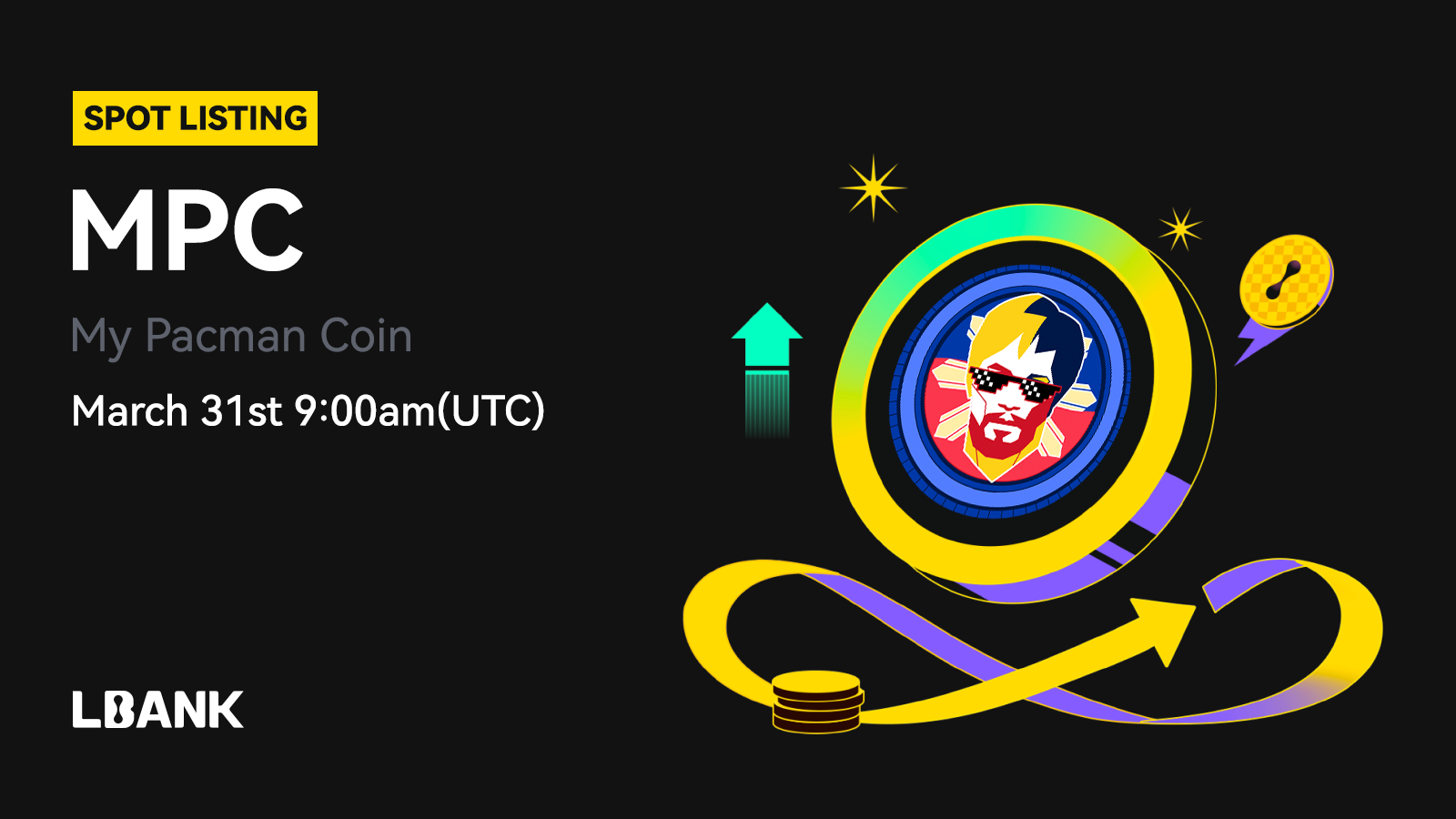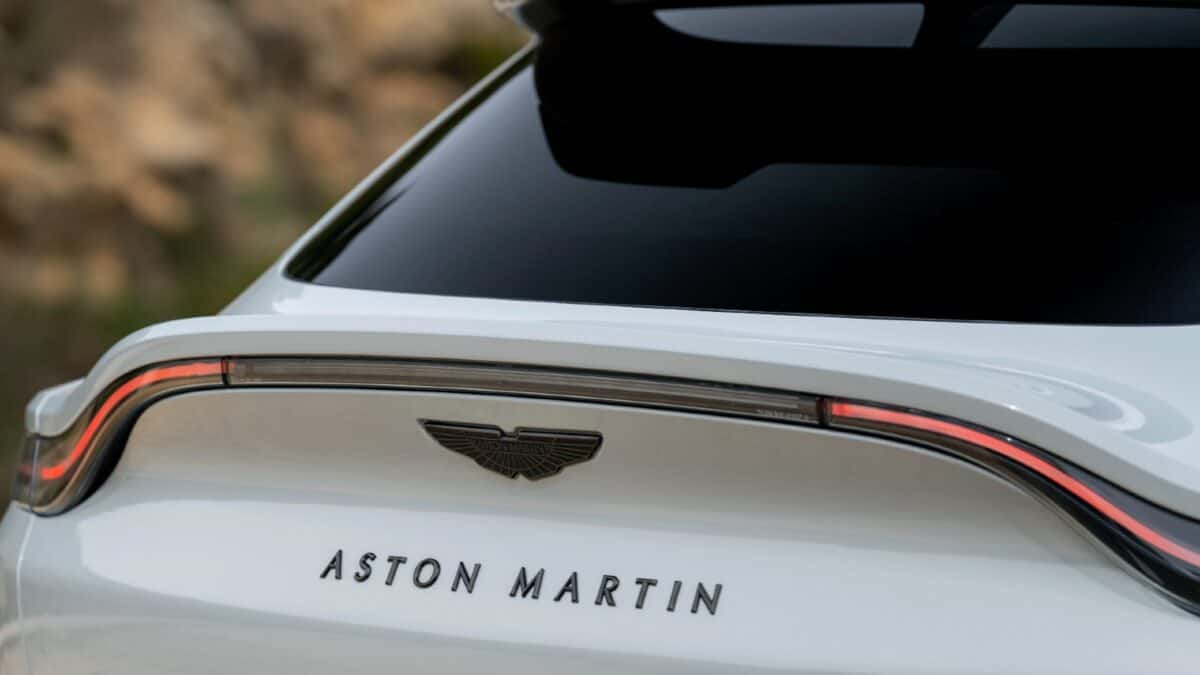Eric Liebegut, an 18-year-old printer’s apprentice, already knows who he’ll vote for in next week’s European election — the far-right Alternative for Germany (AfD), a party he says offers a clean break with a gloomy present and a bright vision of the future.
“All the others have been calling the shots for long enough,” he says. “Now it’s our turn.”
Liebegut, who sports a hoodie with the words in German “Homeland is Future”, is typical of a new cohort of young Europeans succumbing to the siren song of rightwing populist parties, with their seductive mix of ethno-nationalism, anti-wokery and conservative values.
His choice might once have seemed bizarre. The AfD was set up in 2013 by a bunch of stuffy middle-class economists outraged by the Eurozone bailouts. But in recent years it has acquired a subversive counterculture vibe that has earned it a legion of new fans, particularly in east Germany.
Experts note that most Gen-Zers and young millennials still back progressive parties, like the Greens. But polls show that across Europe, the far right, once beyond the pale for young people, is making inroads.
In France, an eye-popping 36 per cent of 18- to 24-year-olds back Marine Le Pen’s National Rally (RN), while 31 per cent support Geert Wilders’ Freedom party (PVV) in the Netherlands, which won last year’s elections and has just formed a government promising the “toughest asylum law of all time”.
Meanwhile, a recent survey found 22 per cent of Germans aged 14-29 backed the AfD, up from 12 per cent in 2023. No other party enjoyed such support in this age group.
Such a trend will loom large over the European parliament elections, where many young people will vote for the first time. Current polling suggests up to a quarter of seats in the new legislature will go to the populist right, up from a fifth in 2019.
A “sharp right turn” like this could have “significant consequences for European-level policies”, says the European Council on Foreign Relations, a think-tank. It could make it much harder for the EU to muster majorities for its agenda of fighting climate change and boosting Brussels’ powers.
Experts say far-right parties, such as Vox in Spain, portray themselves as insurgents against the system, a tactic that goes down particularly well with young men. Santiago Abascal, Vox’s leader, rails against Spain’s “progressive dictatorship”, vowing to repeal laws on transgender rights and abortion and end the country’s “climate fanaticism”.
“It’s about rebellion, transgression, provocation,” says Steven Forti, professor of contemporary history at the Autonomous University of Barcelona. “They say they’re fighting the cultural hegemony of left liberals, and there are a lot of young people who buy into this narrative. Especially young men, many of whom feel emasculated by feminism.”
This mood was encapsulated in a video circulating on German social media last week showing a group of well-heeled young men and women at a party on Sylt, a popular holiday island for the rich, singing “foreigners out” and “Germany for the Germans”. One of the young men in the crowd performs the banned Hitler salute.
Maximilian Krah, an AfD member of the European parliament who is leading the party’s list for the Euro elections, says the far right has been helped by the “unbelievable unattractiveness of the left in its current form”.
In the 1960s and ’70s, the era of hippies, Woodstock and the anti-Vietnam war movement, it had strong appeal for teenagers. But “these days, it’s pretty uncool”. “I mean — vegetarian food? Cargo bikes? Give me a break.”
Like Vox, the AfD also presents itself as a way out for young men frustrated by “woke” ideology, who reject a status quo symbolised by Chancellor Olaf Scholz’s coalition of social democrats, Greens and liberals.
The left is “pushing a “degrowth” agenda which is basically promising young people they’ll be poorer than their parents and grandparents” and “telling them they have to make sacrifices to save the climate”, says Krah. “With us, they won’t have to sacrifice anything.”
With his punchy TikTok videos and firebrand image, Krah has built up a huge following among young AfD supporters. But he sometimes goes too far, even for his far-right allies. In his interview with the Financial Times, he said that not all members of the SS, which ran Adolf Hitler’s extermination camps, were criminals.

The comment caused uproar in Paris, where Le Pen said her RN would no longer work with its erstwhile German ally. A chastened Krah said he would refrain from further campaign appearances and resign from the AfD’s executive board. That did nothing to assuage the RN, or the AfD’s other allies in the far-right “Identity and Democracy” group in the European parliament, which a day later expelled the AfD from its ranks.
Judging by the polls, the constant scandals appear to be putting off more middle-of-the-road voters. But the AfD’s young vanguard seems impervious to all the negative publicity. Florian Russ, a leader of the AfD’s youth wing Young Alternative (JA) in the eastern state of Saxony-Anhalt, says young people are drawn to the party precisely because of all the social opprobrium it attracts.
“It’s like with rock’n’roll in the 1950s — there’s this youthful rebellion,” he says. “A lot of people listened to Elvis because their parents forbade them to. It’s the same with the AfD. People are asking — are they really so bad? And they check them out and find they’re not bad at all.”
The AfD’s growing appeal for young Germans has been reflected in recent voting data. In regional elections last year, 15 per cent of first-time voters plumped for the party in the affluent west German state of Hesse and 16 per cent in Bavaria. In contrast, only 6 per cent of them chose it in the 2021 Bundestag election.
The shift to the right was clearly visible in the latest instalment of an annual survey of German youth. It was a snapshot of a generation that was badly shaken by the Covid-19 pandemic, with its lockdowns and school closures, and was then forced to wrestle with the shockwaves of war in Ukraine, inflation and the continuing climate crisis.
The survey also shows that for young people, worries about climate change have been supplanted by more bread-and-butter concerns — the dire shortage of affordable housing, the fragility of Germany’s pension system and fears of poverty in old age.
“I definitely worry about my future,” says Sophie Wolfram, an 18-year-old AfD supporter in Bad Lauchstädt, in Saxony-Anhalt. “I wonder what kind of pension I’m going to have — or whether I’ll have one at all.
“We face a lot of uncertainties and I just don’t feel they’re being addressed by the old parties,” she adds.
That’s a typical view, says Simon Schnetzer, co-author of the youth study. “The young generation is really pessimistic,” he says. “There’s this feeling that they don’t have enough money and won’t be able to maintain the standard of living they grew up with.”
From Spain and Italy in the south to Romania in the east, rightwing parties are benefiting from this new mood of gloom. In Romania, 25 per cent of 18 to 35-year-olds who intend to vote say they will support the far-right Alliance for the Union of Romanians, a higher proportion than for any other party. AUR wants to unite all Romanian speakers — for instance those in Moldova — into a Greater Romania. It is critical of Bucharest’s military support for Ukraine and rails against “gender ideology” and atheism.
Costin Ciobanu, a political scientist at Aarhus University in Denmark, says frustration with Romania’s “grand coalition” government is boosting populist parties like AUR “by allowing them to position themselves successfully against a perceived ‘political cartel’”.
AUR could also benefit from a deeper pessimism emerging in Romanian society. A recent survey by IRES found only 23 per cent of young people trust Romanian democracy, and 67 per cent have considered — or are considering — leaving the country.
In Germany, the mood of economic pessimism is prompting many young people to adopt a more sceptical view of immigration. In Schnetzer’s survey, 41 per cent of respondents said they were concerned by the uptick in the number of refugees entering Germany — nearly double the level recorded in 2022.
“In the past, there was an increase in immigration, but people said ‘I don’t really mind because I’m doing OK’,” says Schnetzer. “But now they’re less financially secure. And that makes them more receptive to the AfD’s message, which is that the government has lost control of the situation.”
The drift to the AfD has come despite a flow of negative news about the party. In mid-May, police launched a corruption and money-laundering investigation into one of its most prominent MPs, Petr Bystron, who is suspected of taking money from Russia to spout pro-Kremlin propaganda. He denies the allegations. In April police arrested one of Krah’s assistants on charges of spying for China.
None of that seems to matter to the AfD’s army of loyal supporters. Its approval ratings have dipped a bit but are still higher than for any of the parties in Scholz’s coalition and polls show it on course to come first in three crucial regional elections in eastern Germany later this year.
Eric Liebegut, who hails from the small east German town of Schönebeck, feels the AfD is the only party addressing an issue close to his heart: illegal immigration. The party wants to slam shut Germany’s borders — a position he agrees with.
“I want everything to be safe here,” he says over a cup of hot chocolate in Magdeburg, the regional capital of Saxony-Anhalt. “I want to protect my family.”
It’s not just immigration, though. For some young people, the motivation for voting AfD lies much deeper. “It’s about tradition, and loyalty to your homeland,” says young party supporter Wolfram.
Russ, the youth-wing leader, says Germans are plagued by a “lack of identity”. “People have become a kind of empty shell, they no longer see themselves as part of something larger, as part of the German Volk, and that’s a really big problem,” he says.
Germans have, he says, become “fixated” on the Nazi era and the Holocaust, which, he says, prevents them from feeling any kind of healthy patriotism. “When you say you’re German, it’s like you already have to justify yourself, even if you yourself have done nothing wrong,” he says.
That’s one of the reasons Wolfram likes the AfD — its sceptical attitude to Germany’s Erinnerungskultur, or culture of remembrance. “The Nazi period wasn’t the whole of German history — it was just a speck,” she says.
The AfD, she says, offers a home for people who “aren’t ashamed to say they’re German”. “They tell you to say it aloud, it’s fine, it’s legal, it’s not forbidden.”
Krah has a video on TikTok, entitled “Our ancestors weren’t criminals”, that makes precisely this point. “We have every reason to be proud of our country and the people who built it up,” he says into the camera.
It was this sentiment that prompted his remark to the FT about the SS. “Before I call someone a criminal, I’d really like to know what he did personally,” he said. Many of the 900,000 SS members were “simple farmers who didn’t have another choice”, he added.
Krah has become something of a star performer on TikTok: a video he posted last year dispensing dating tips went viral. Noting that “one in three young men has never had a girlfriend”, he said: “Don’t watch porn, don’t vote Green, go out in the fresh air, stand up for yourself.
“Real men are right wing . . . then maybe you’ll get a girlfriend.” The video has been viewed 1.4mn times.
This is typical of the approach taken by far-right parties, which often use social media to project an enticing image of young, confident virility, says Tarik Abou-Chadi, associate professor in comparative European politics at the University of Oxford.
It’s the “image of the European man, in contrast to the non-native”, he says, “not like a traditional neo-Nazi, but a guy who goes to the gym, is clean-cut, well-groomed, well-behaved, into law and order, young and masculine.
“The radical right has been really successful at this kind of identity construction over the past 10 years,” he adds.
The benefits of this approach are clear in the approval ratings for Jordan Bardella, the charismatic 28-year-old leader of the RN who heads its list for the European elections. With 1.2mn followers on TikTok, he is pivotal to the party’s efforts to boost its appeal with young people.
The AfD’s social media strategy bears many of the same hallmarks. Johannes Hillje, a political consultant, says the party realised years ago it needed to do more to court young voters — a demographic it performed poorly with — and did so by becoming the “first party in Germany to systematically and strategically exploit the opportunities of TikTok”.
The AfD’s communication strategy seems to be working. Hillje looked at all the TikTok videos posted by the various parties in the German parliament between January 2022 and December 2023 and found that the AfD’s had an average of 430,000 impressions. None of the other parties came close to that.

Hillje says AfD politicians used TikTok to “address young people in a very personal way, sometimes on very intimate subjects”. The platform is tailor-made for the party, because its algorithm steers viewers towards “the more emotional, polarising, provocative messages”. That allows the AfD to “set an emotional bait that binds it to its audience” — a tactic he describes as “psycho-politics”.
Experts say the growing tendency of young people to drift to far-right parties is pronounced across Europe — but they stress that such people are still the minority.
Young people are still more likely to vote for progressive parties, says history professor Forti. “Most of them are accepting of things like immigration, feminism, gay rights,” he says. “We shouldn’t suggest that they are mostly voting for the far right.”
But it’s clear the populists exert an appeal — especially hardline conservatives like the AfD, with its vision of a 1950s golden era of political stability, traditional families and ethnic homogeneity.
“The AfD says Germany is going to the dogs and they will bring back the previous state of affairs,” says Jannis Koltermann, a 31-year-old journalist with the Frankfurter Allgemeine Zeitung who has written about the young generation’s shift to the right. “It’s like: if you no longer expect anything from the future, why not elect people who promise a return to a better past?”
Additional reporting by Leila Abboud, Marton Dunai, Barney Jopson, Andy Bounds
Credit: Source link
















